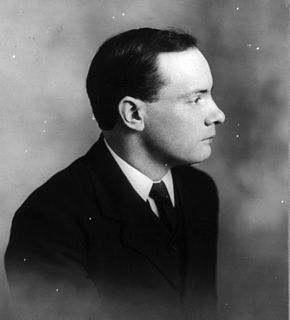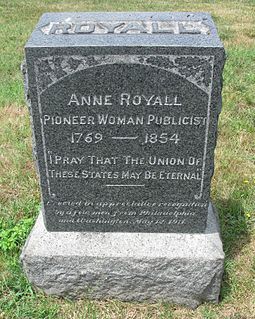A Quote by Mencius
Incessant falls teach men to reform, and distress rouses their strength. Life springs from calamity, and death from ease.
Related Quotes
Meditation upon death does not teach one how to die; it does not make the departure more easy, but ease is not what I seek. Beloved boy, so willful and brooding, your sacrifice will have enriched not my life but my death. ... Centuries as yet unborn within the dark womb of time would pass by thousands over that tomb without restoring life to him, but likewise without adding to his death, and without changing the fact that he had been.
We should know that Allah has created us to live an eternal life with no death, a life of pride and ease with no humiliation, a life of security with no fear, a life of richness with no poverty, a life of joy with no pain, a life of perfection with no flaws. Allah is testing us in this world with a life that will end in death, a life of pride that is accompanied by humiliation and degradation, a life that is tainted by fear, where joy and ease are mixed with sorrow and pain.
My view of university training is to unsettle the minds of young men, to widen their horizons, to inflame their intellects. It is not a hardening, or settling process. Education is not to teach men facts, theories, or laws; it is not to reform them, or amuse them, or to make them expert technicians in any field; it is to teach them to think, to think straight if possible; but to think always for themselves.
I wish to preach not the doctrine of ignoble ease but the doctrine of the strenuous life; the life of toil and effort; of labour and strife; to preach that highest form of success which comes not to the man who desires mere easy peace but to the man who does not shrink from danger, from hardship, or from bitter toil, and who out of these wins the splendid ultimate triumph. A life of ignoble ease, a life of that peace which springs merely from lack either of desire or of power to strive after great things, is as little worthy of a nation as of an individual.
A man who thinks that death is against life can never be non-violent. It is impossible. A man who thinks that death is the enemy can never be at ease, at home. That is impossible. How can you be at ease when the enemy is waiting for you any moment? It will jump on you and destroy you. How can you be non-tense when death is waiting just around the corner and the shadow of death is always falling on you? It can happen any moment. How can you rest when death is there? How can you relax? The enemy won't allow you to relax.
Death is too much for men to bear, whereas women, who are practiced in bearing the deaths of men before their own and who are alsopracticed in bearing life, take death almost in stride. They go to meet death--that is, they attempt suicide--twice as often as men, though men are more "successful" because they use surer weapons, like guns.
Change the emphasis, turn your attention around. If you become concerned with death, your life comes to be revealed to you for the first time, because the moment you become at ease with death you have gained a life that cannot die. The moment you have known death, you have known that life which is eternal.
Buddhas have a strength which is not of this world. Their strength is totally of love... Like a rose flower or a dewdrop. Their strength is very fragile, vulnerable. Their strength is the strength of life not of death. Their power is not of that which kills; their power is of that which creates. Their power is not of violence, aggression; their power is that of compassion.






































